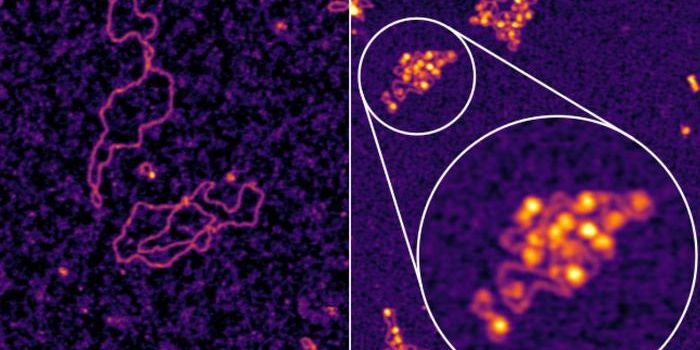Drug Eradicates SARS-Cov-2 in Mice
A collaborative team of researchers joined forces to study the anti-parasitic drug, Ivermectin, and it’s role in stopping the SARS-CoV-2 virus. The studies lead to a finding that it can kill the virus in vitro within 48 hours when grown in cell culture.
"We found that even a single dose could essentially remove all viral RNA by 48 hours and that even at 24 hours there was a really significant reduction in it," says Dr. Kylie Dr Wagstaff from the Monash Biomedicine Discovery Institute.
Ivermectin is a widely available FDA-approved anti-parasitic therapeutic that has shown promise against a wide range of viruses including HIV, Dengue, Influenza and Zika virus.
Learn more about SARS-CoV-2:
"Ivermectin is very widely used and seen as a safe drug. We need to figure out now whether the dosage you can use it at in humans will be effective -- that's the next step," Dr. Wagstaff said. "In times when we're having a global pandemic and there isn't an approved treatment, if we had a compound that was already available around the world then that might help people sooner. Realistically it's going to be a while before a vaccine is broadly available.”
How exactly does Ivermectin work on the virus? The answer to that remains unknown—however, it is believed that it may inhibit the virus actions on dampening down the host cells ability in clearing it.
"As the virologist who was part of the team who were first to isolate and share SARS-COV2 outside of China in January 2020, I am excited about the prospect of Ivermectin being used as a potential drug against COVID-19," adds Dr. Leon Caly, a Senior Medical Scientist who conducts live coronavirus experiments at the Victorian Infectious Diseases Reference Laboratory (VIDRL) at the Doherty Institute.
Source: Science Daily









